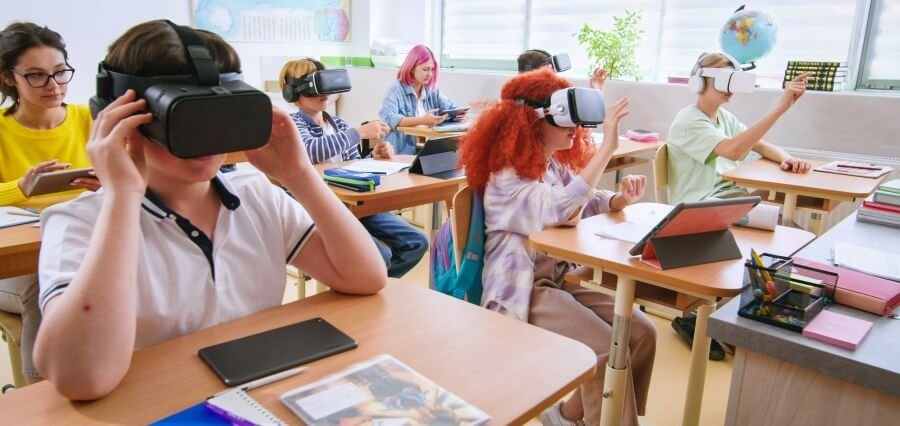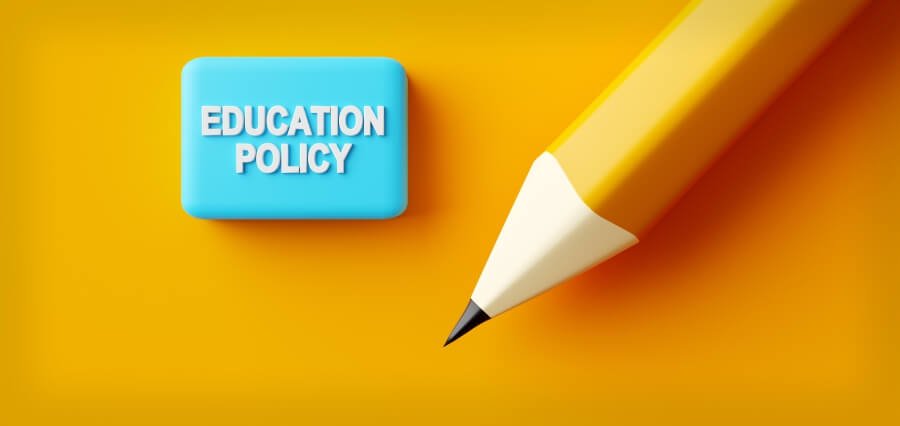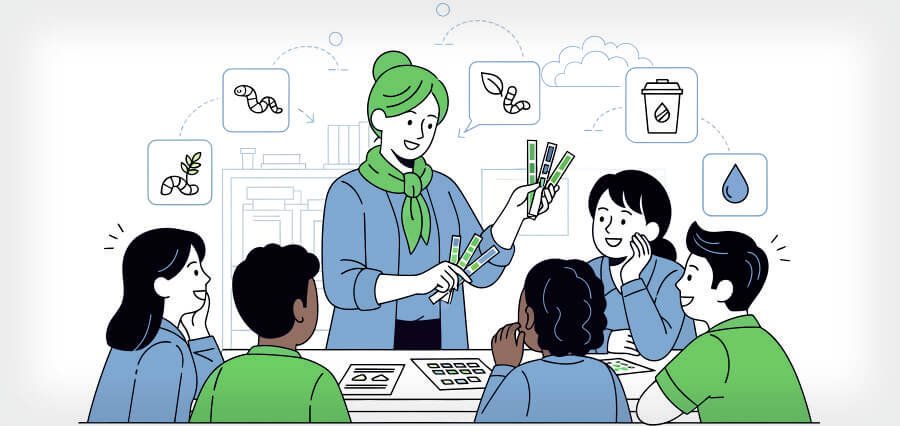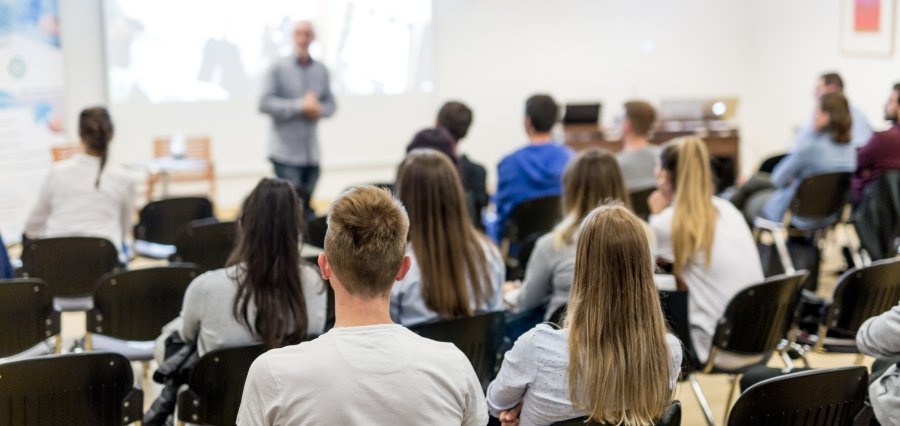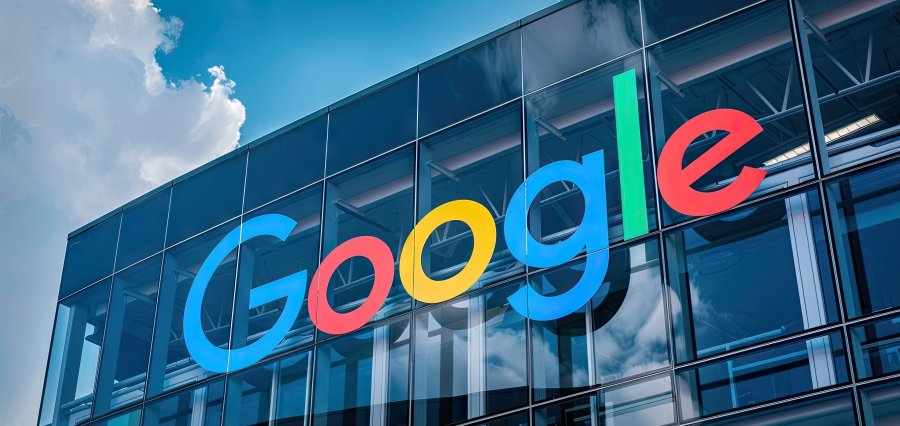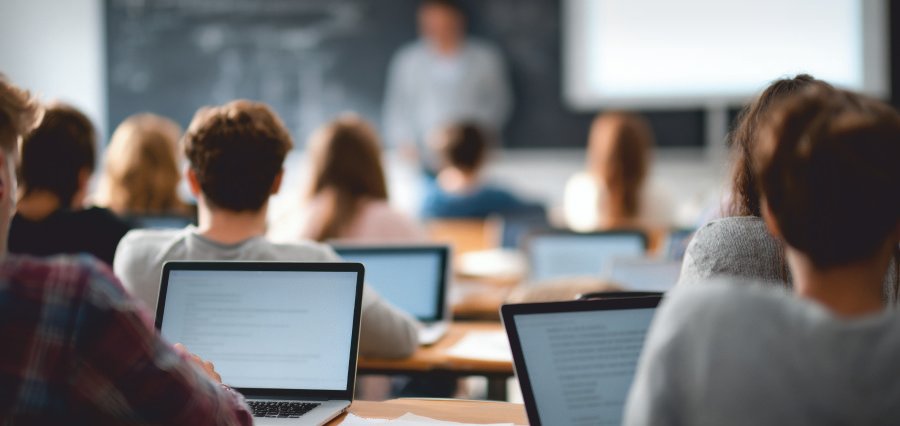Generative AI in Learning: A Sage Transformation for Contemporary Education
Generative AI in education is no flash in the pan, but a revolutionary driver that is remaking learning and teaching. Whereas AI makes its presence felt within industries, the education sector is experiencing a digital revolution by virtue of intelligent systems. Be it personalized learning paths or administrative automation, generative AI is transforming classrooms into intelligent, inclusive, and future-proofed environments.
How Generative AI in Education Reforms Learning
The integration of generative AI in education is transforming traditional pedagogies. With content generation, simulation of real-world situations, and immediate feedback, generative AI allows students to learn by having fun at their own pace and level.
Educators today use AI to develop personalized learning modules, interactive quizzes, and even virtual teaching aids. This aids in greater student interaction and retention. Learning is optimized and made interesting through the help of AI tools such as lesson planners or quiz creators.
Personalized Learning Through AI Tools for Teachers
Today’s virtual classrooms depend massively on AI tools for teachers to provide differentiated instruction. AI tools analyze data from students to customize teaching, anticipate trouble spots, and suggest approaches. Rather than yesterday’s one-size-fits-all approach, today’s teachers can now provide individualized learning paths directly tied to every student’s strengths.
In the same vein, AI tools enable the relief of the burdens of grading by hand. Not only is this time saved, but teachers are also able to devote more time to innovative instruction and counseling.
Why Every Educator Should Take a Generative AI Course
With the fast development of technology, professional education is needed in a hurry. Taking a generative AI course provides teachers with skills to apply AI in classrooms. The courses instruct them on the ethics, application, and limits of applying AI-based platforms.
With the acquisition of such tools, teachers can be confident that they are not simply embracing technology—but employing it positively to enhance teaching results. Moreover, institutions and schools that offer faculty enrollments in such courses will be well-equipped to future-proof their curriculum.
Influence of the Google Generative AI Course on Educational Innovation
Google’s AI innovation leadership is now being passed on to education through the launch of the google generative ai course. The platform gives teachers and course developers extensive knowledge and hands-on experience with generative AI models.
By this course, instructors develop technical competence but also innovative understanding of how to integrate AI into various domains of the curriculum. From designing customized mathematics exercises or guiding students through AI-based research, possibilities are endless and expanding.
Emergence of the AI Teacher in Contemporary Classrooms
The concept of an ai teacher might sound futuristic, but it’s already a reality in many learning environments. AI-driven chatbots, digital teaching assistants, and smart tutors are now enhancing instruction by providing instant feedback, 24/7 availability, and multilingual support.
These artificial intelligence teachers do not substitute human teachers—they augment their abilities. They assist struggling students and allow educators to concentrate on empathy, imagination, and human connection within learning.
Advantages of Generative AI in Education
The advantages of generative AI in education are vast and very profound:
- Improved Creativity: Generative AI software encourages students to explore and invent, particularly in writing, design, and programming.
- Real-Time Feedback: Students get instant feedback and correction, steepening their learning curve.
- Adaptive Testing: Tests adapt automatically to challenge students just enough—engaging them without infuriating them.
- Language Support: AI software can translate and explain content for non-native speakers, making education more accessible to many more.
- Content Creation: Teachers can create lesson plans, quizzes, or multimedia content immediately to meet particular learning goals.
Challenges and Responsible Use of AI in Education
Even with the promise, there are obstacles to employing generative AI in education. Data privacy, algorithmic bias, and excessive reliance on automation are practical issues. That is why ethical utilization and transparency are important for institutions and teachers to prioritize.
Sound training and sensitization are essential. Training programs such as the generative ai course and certifications such as the google generative ai course are instrumental in developing ethical digital literacy among students and educators.
The Future of Generative AI in Education
With the changing education environment, generative AI in education will go even deeper in the coming times. Classrooms will most probably incorporate AI into primary functions—course curriculum, students’ progress, and even collaborative global classroom support through intelligent systems.
Imagine a world where every student has an AI mentor, where teachers receive predictive analytics on class performance, and where learning is continuously optimized in real-time. This is not sci-fi; it’s the horizon we’re rapidly approaching.
To remain relevant and impactful, educators and institutions must embrace this change and make generative AI in education a central part of their strategy.
Final Thoughts
Generative AI in education is not necessarily about the implementation of new technology as much as it is about the transformation of how education happens. It is enabling students and educators, expanding access to more diverse communities, and bringing the possibility of more dynamic, more deeper learning experiences.
With technology developing further, being attuned to the correct tools—like signing up for a generative ai course or a google generative ai course—will be imperative. Ideas and applications like the ai teacher and ai tools for teachers will reign supreme in the era of future education.


